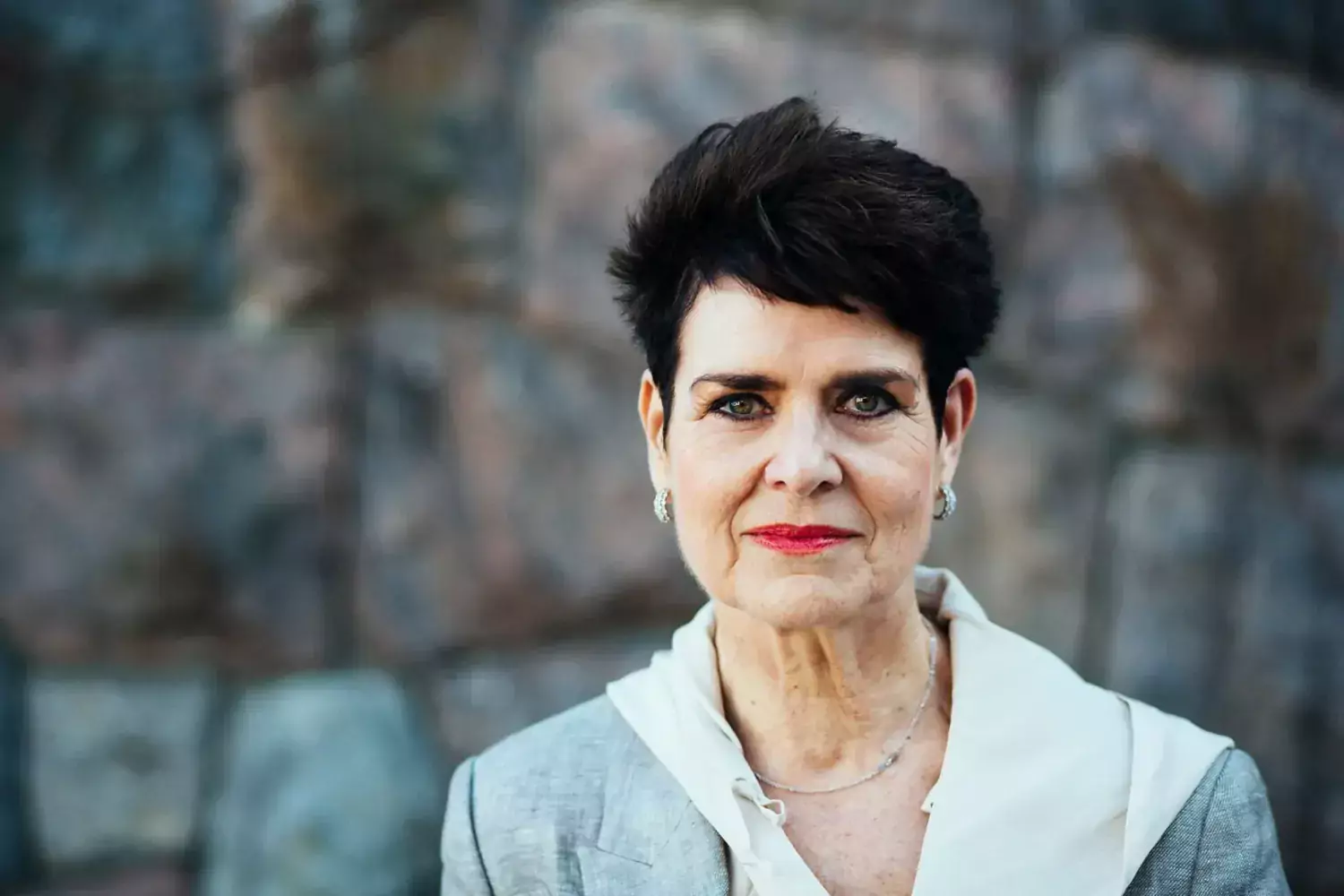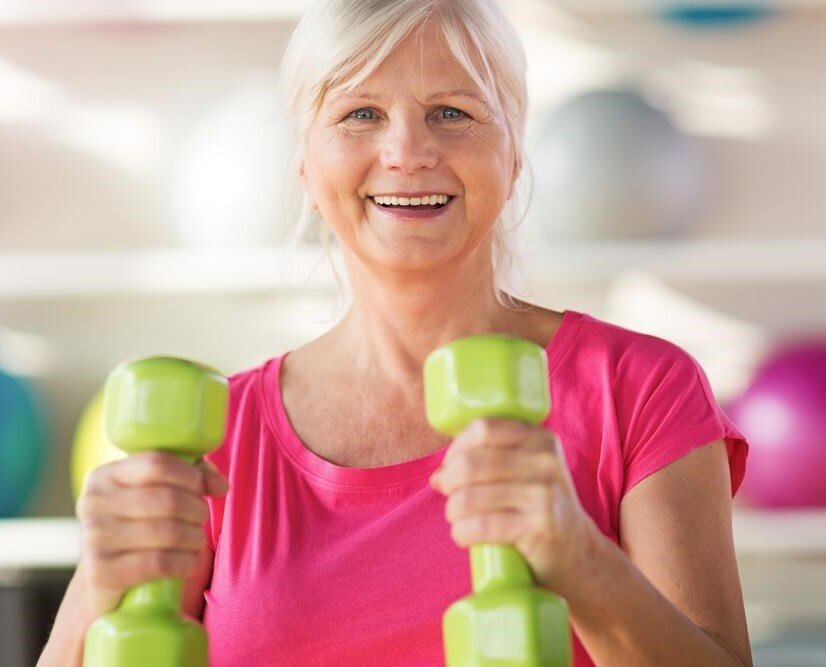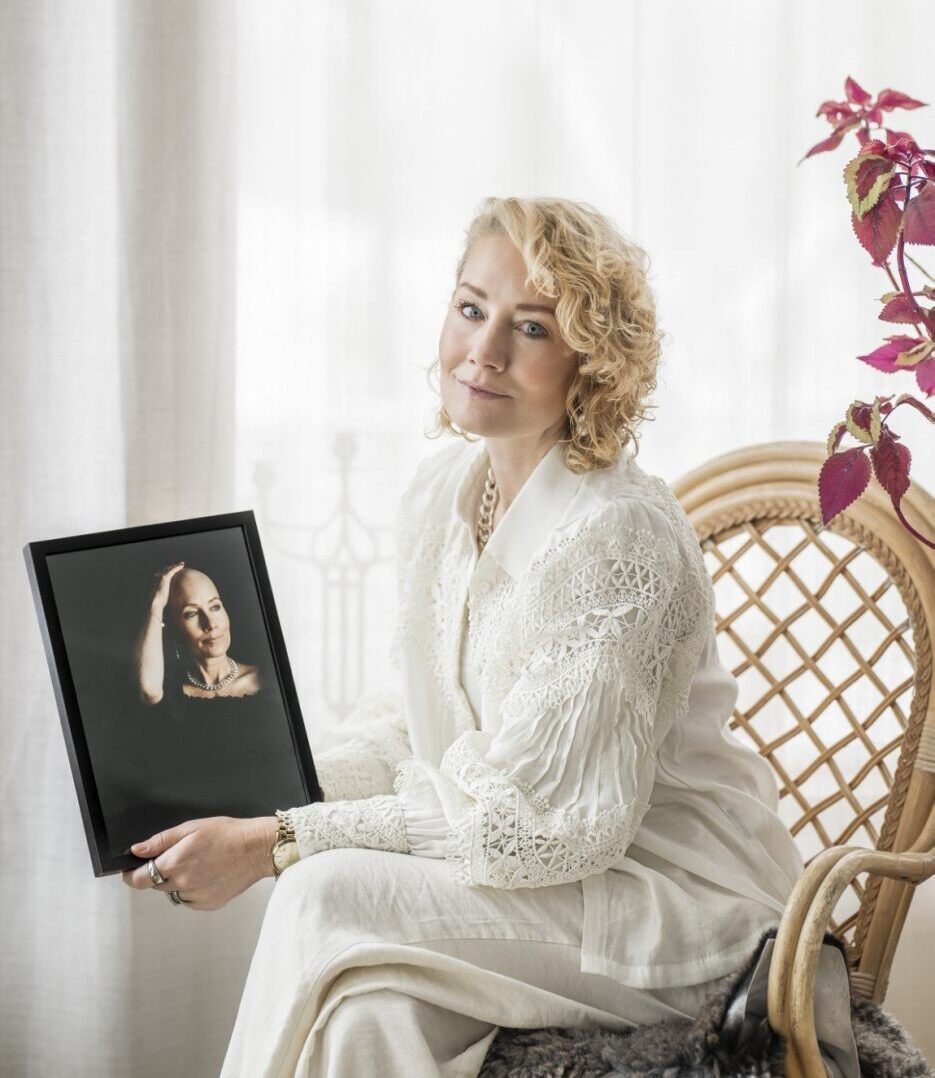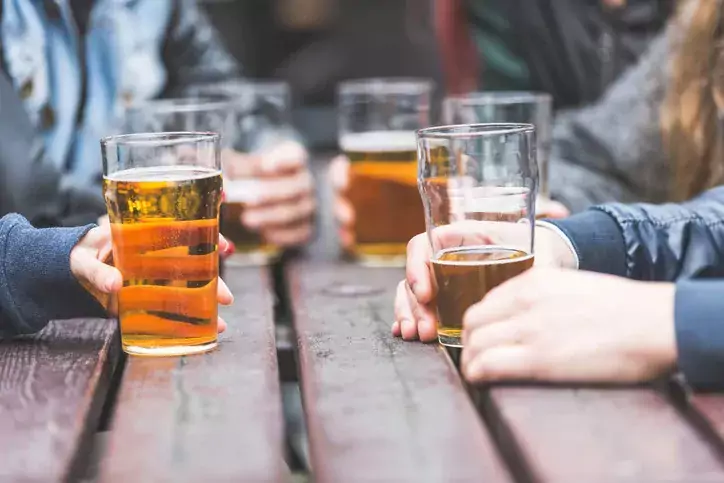Psychiatrist Ullakarin Nyberg was herself affected by breast cancer

Ullakarin Nyberg is a researcher at the Center for Psychiatry Research at Karolinska Institutet. She also works clinically as a psychiatrist, part of the time at a unit for breast cancer patients. At the end of 2018, she contracted the disease herself.
Text: Annika Lund, first published in Swedish in the magazine Medicinsk Vetenskap nr 1 2024 / Spotlight on breast cancer.
Three questions to Ullakarin Nyberg, psychiatrist and researcher at the Center for Psychiatry Research at Karolinska Institutet. In 2018, she was diagnosed with breast cancer, which she describes in her Swedish-language book.
What was it like to suddenly become a patient?
“I recognised a lot of what patients had told me over the years. It was also a reminder of something important that I actually knew – there are things about the disease that cannot be explained to those who are not affected. Feeling a degree of loneliness is part of being seriously ill. You cannot expect others to fully understand what it is like. It was good that I knew that, because then I did not have to be disappointed in people around me. Instead, I was able to accept fairly quickly that you are alone in some of the difficulties you face, that is life. Acceptance is an effective way to face difficulties in life”.
Who did you write the book for?
“Patients, relatives, and staff. Being treated for breast cancer is a daily grind that is quite boring and draining. I wanted to write about how to manage it in a way so that life is still bearable. I wanted to write a book that is helpful in everyday life. But I am also writing for healthcare professionals and friends and close relatives to the patients. Some people may see things that they have already thought about or are already doing, but have not formulated so clearly for themselves”.
How do you feel about the idea that the disease has brought something good with it?
“I do not like the romanticism that exists around being affected by difficult things. I would have preferred not to be ill, but now that it has happened, I can share some experiences. And there are aspects that enrich my life in the long term. I have become better at resting in moments of wonder or joy, to make room for it. If you want to translate that into something professional, it is about understanding how small acts of caring can mean a lot”.
 Photo: Bildbyrå TT
Photo: Bildbyrå TTExercise tested against breast cancer
 Photo: Linnea Bengtsson
Photo: Linnea BengtssonAnna got breast cancer: "I am not the same person today"
Anna Sylvan was diagnosed with breast cancer in the fall of 2021. Three tumors were treated with surgery, chemotherapy, radiation, and anti-hormones. Here she talks about her experience.
 Photo: iStock
Photo: iStockDiet and breast cancer: Alcohol increases the risk
It is difficult to draw firm conclusions about how to eat and drink to avoid breast cancer. Dietary studies often rely on self-reporting, and dietary habits change over a lifetime – both of which are difficult for researchers. But one link is well established: even moderate alcohol consumption increases the risk of getting the disease, says professor Alicja Wolk.
